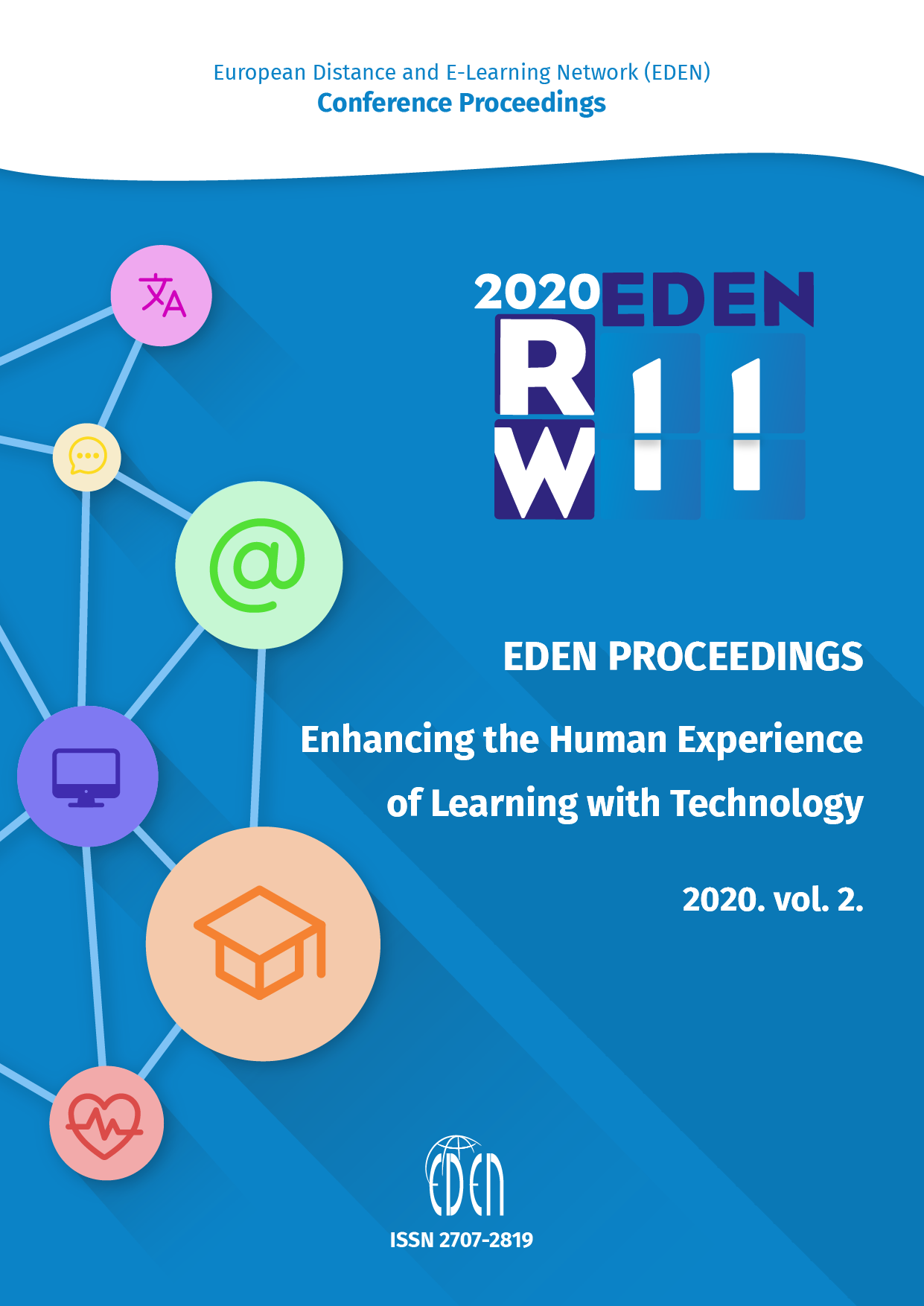Counselling in Times of the Coronavirus and Beyond
Counselling in Times of the Coronavirus and Beyond
Author(s): Julia SchieberSubject(s): Social Sciences, Education, Higher Education
Published by: European Distance and E-Learning Network
Keywords: Coronavirus pandemic; Counselling; e-Learning; Experience-oriented learning; Erasmus +;
Summary/Abstract: The current corona pandemic is changing everything – how we live, how we work and also how we learn. The field of career guidance has also been strongly impacted by restrictions in face-to-face counselling. These surrounding influences have promoted digitisation in this professional field. However, it is questionable whether the extrinsic coercion of COVID-19 alone and the need for economic survival will make digitisation trends in the counselling sector sustainable. Studies such as the “ICF Global Coaching Study” (2016), carried out before the pandemic, show that digital tools are still rarely used in counselling scenarios. Therefore, this article deals with the key question of how a target group specific e-learning theory can support the intrinsic motivation of counsellors to utilise digital content and methods. To answer this question, a situation and needs analysis of counsellors is presented, which was carried out as part of the Erasmus+ project ACCEnT (Accelerating coaching and counselling through e-Tools and innovative training). The project developed an innovative online course, focused in particular on the phenomenon of “hard-toreach groups” within career guidance and previously underutilised digital tools to support them. A total of 84 career guidance counsellors in Germany, Portugal, the United Kingdom, Ireland and Finland were surveyed by means of an online questionnaire and 19 career guidance counsellors by means of a personal (faceto-face) interview. The situation and needs highlighted a professional profile of counsellors that is particularly characterised by their own experience as a success factor in their professional work. The e-learning course takes up this aspect with the help of David Kolb’s experience-oriented approach and thus attempts to legitimise a pedagogical framework that reflects the intrinsic motivation of counsellors and provides impulses for the perpetuation of digitisation tendencies.
Journal: European Distance and E-Learning Network (EDEN) Conference Proceedings
- Issue Year: 2020
- Issue No: 2
- Page Range: 323-331
- Page Count: 9
- Language: English

